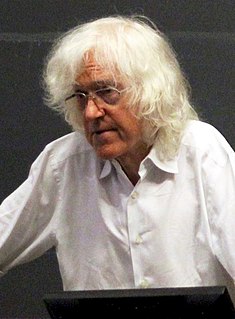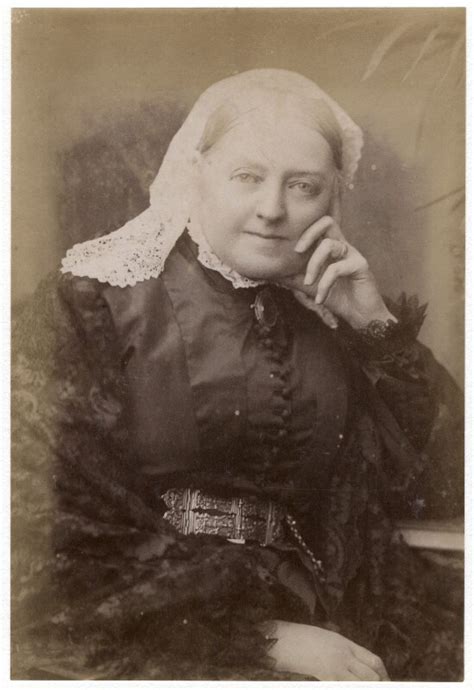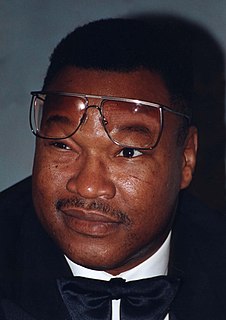A Quote by Agatha Christie
Heather Badcock meant no harm. She never did mean harm, but there is no doubt that people like Heather Badcock (and like my old friend Alison Wilde), are capable of doing a lot of harm because they lack - not kindness, they have kindness - but any real consideration for the way their actions may affect other people. She though always of what an action meant to her, never sparing a thought to what it might mean to somebody else.
Related Quotes
It is not enough to ask, 'Will my act harm other people?' Even if the answer is No, my act may still be wrong, because of its effects on other people. I should ask, 'Will my act be one of a set of acts that will together harm other people?' The answer may be Yes. And the harm to others may be great. If this is so, I may be acting very wrongly, like the Harmless Torturers.
About the greatest virtue a friend can have, is to be able to hold her tongue; and through this, like all virtues carried to extremity, may grow into a fault, and do great harm, still, it never can do so much harm as that horrible laxity and profligacy of speech which is a the root of half the quarrels, cruelties, and injustices of the world.
It's not fiction's job to be photographically representative of reality. If I want to make a fictional world where there's no kindness, this doesn't mean I believe there's no kindness in the real world. In fact, what it may mean is that I very much value kindness. Like if you make a painting in which only greens are allowed, it wouldn't mean you don't believe in blue.
She'd always known he loved her, it had been the one certainty above all others that had never changed, but she had never said the words aloud and she had never meant them quite this way before. She had said it to him, and she hardly knew what she had meant. They were terrifying words, words to encompass a world.
I was amazed by this person who, even though she had everything, would go to feed the homeless and visit sick children and Aids victims. It was like a fairy tale. Who was she really? Why did she do this? She was trying to find love. I wanted the world to see her kindness, her humility: I think she realised that would be her way.
Unlike me, Renee was not shy; she was a real people-pleaser. She worried way too much what people thought of her, wore her heart on her sleeve, expected too much from people, and got hurt too easily. She kept other people's secrets like a champ, but told her own too fast. She expected the world not to cheat her and was always surprised when it did.
Mr. Thornton felt that in this influx no one was speaking to Margaret, and was restless under this apparent neglect. But he never went near her himself; he did not look at her. Only, he knew what she was doing — or not doing — better than anyone else in the room. Margaret was so unconscious of herself, and so much amused by watching other people, that she never thought whether she was left unnoticed or not.
The Second Rule is that the greatest harm can result from the best intentions. It sounds a paradox, but kindness and good intentions can be an insidious path to destruction. Sometimes doing what seems right is wrong, and can cause harm. The only counter to it is knowledge, wisdom, forethought, and understanding the First Rule. Even then, that is not always enough.






































